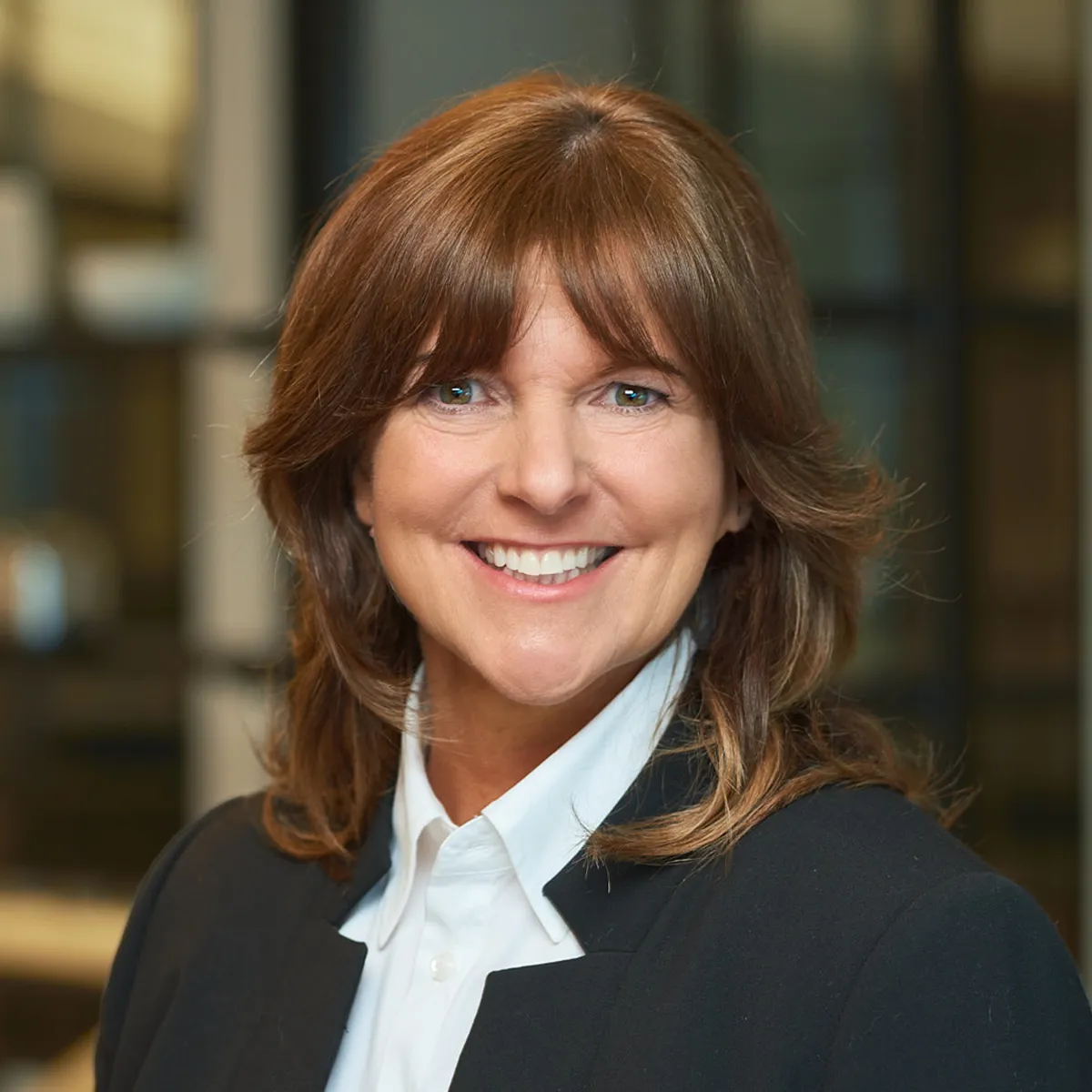An increasing number of Quebecers are asking how they can contribute to building a better world, even after they’re gone. Planned giving is a discreet but very meaningful option: a thoughtful gesture that reflects your values and honours your community.
During Leave a Legacy Month, it’s important to remember that each and every one of us can leave a lasting mark. This is often achieved by taking a critical step: writing a will. This is the expression of your deepest wishes for the future once you’re gone… and can include a meaningful donation that passes on the values you wish to share.
Now is an opportune time to think about this. Québec is currently in the process of its greatest legacy transfer ever. Thousands of people—many of them baby boomers—are preparing to transfer their assets to their children. And what if this transfer, often familial, also became a gesture of solidarity?
Including an organization in your will, naming a foundation as the beneficiary of a life insurance policy, or incorporating a donation in your financial planning is a concrete way to prolong your commitment, without compromising the legacy you leave for your loved ones.
And yet, planned giving is still rare. In Québec, 51% of citizens don’t know what planned giving is. And among those who’ve heard of it, only 4% have acted on it, while 7% plan on doing it one day (Épisode, Tendances en philanthropie au Québec, 2024).
As long as planned giving is left out of the conversation about legacy, it will continue to be a missed opportunity. The discomfort surrounding death and estate planning partly explains why close to 50% of Quebecers don’t have a will (according to a CROP–L’actualité poll conducted in October 2016). So many obstacles to planned giving, and yet it could be such a meaningful way to pass on your values.
At Fondation Hôpital Charles-LeMoyne, this kind of donation makes it possible to obtain specialized equipment, offer more compassionate care, and lead innovative research projects. Behind each planned gift, there is a face, a story, a wish that lives on. We’re deeply grateful for this lasting generosity.
Contrary to conventional wisdom, planned giving is not just for the wealthy or seniors. And it’s not limited to the final stages of life. In fact, generations Y and Z, who are increasingly sensitive to this question, may well surprise us.
Planned giving is accessible to many and can be adapted to each person’s family, financial, and tax reality. It allows you to structure your generosity with clarity and ensure that it lives on—in keeping with your values.
Thinking of tomorrow starts with a gesture today.

Nathalie Boudreau
President and Executive Director
Fondation Hôpital Charles-LeMoyne